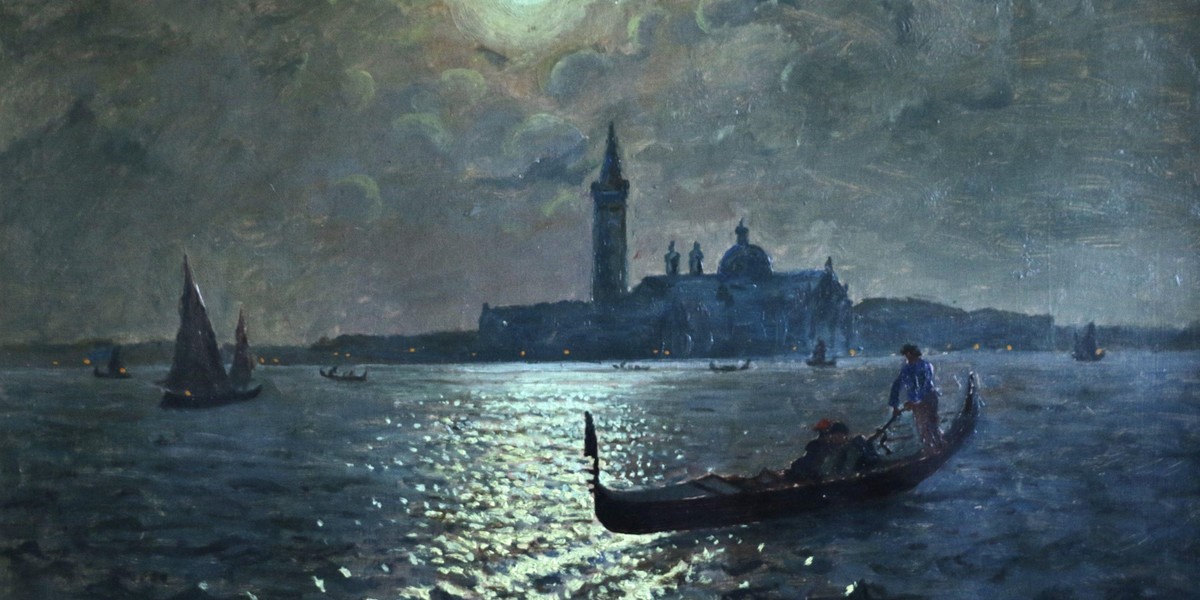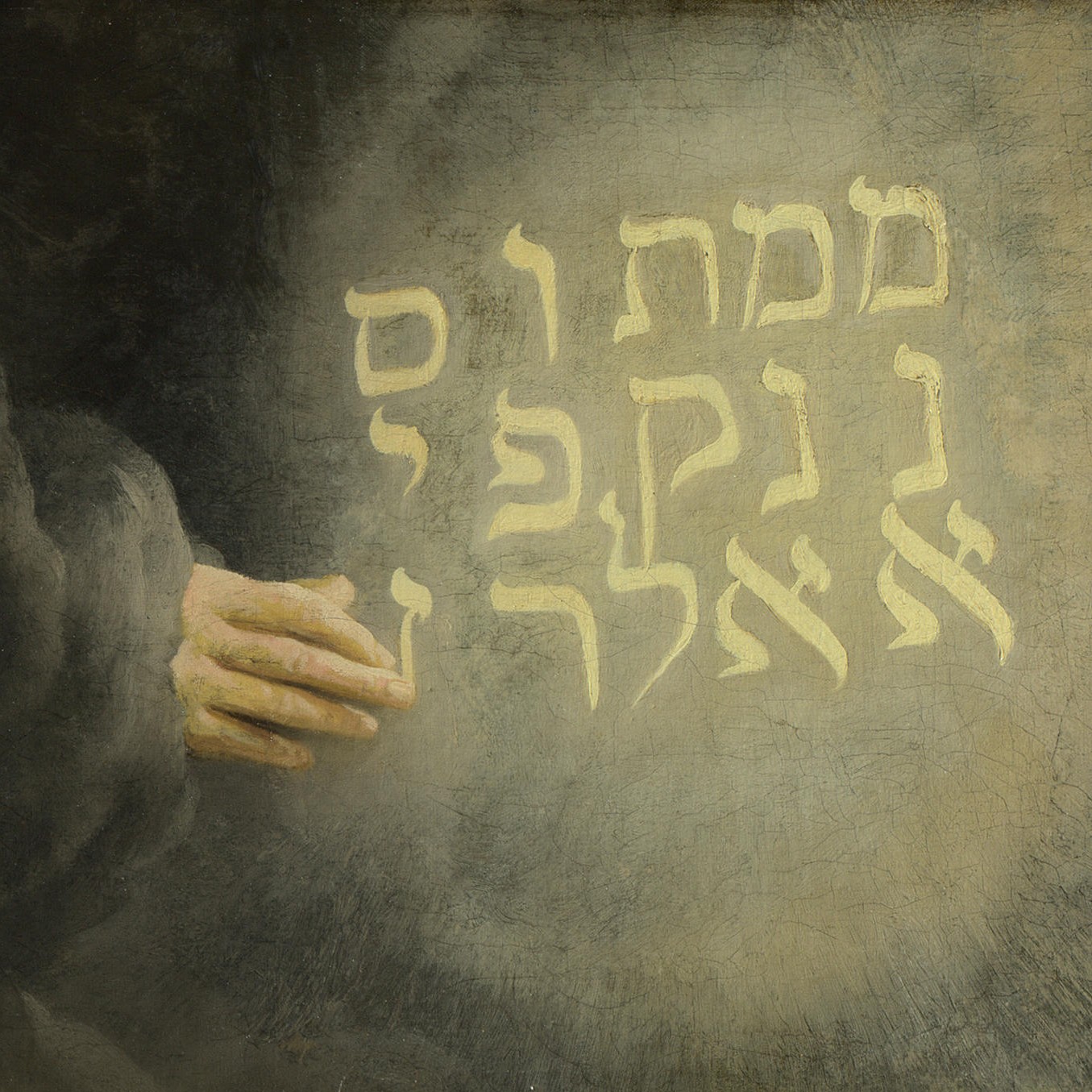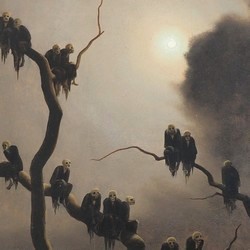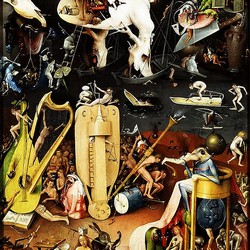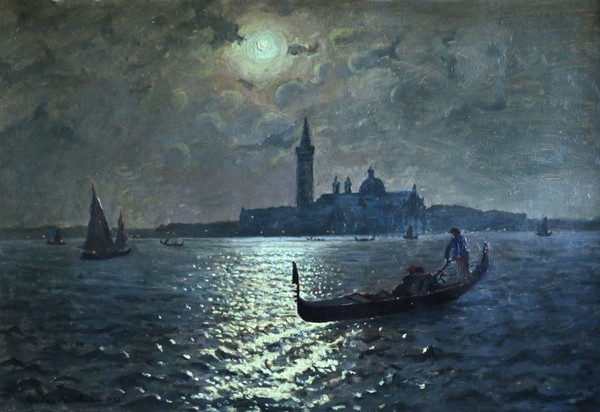
A few weeks ago, I sent you a musical postcard from where I went on holiday. Like other years, the song was a clue about the place, and this time it was so clear that some of you asked me, when we met or wrote, how did it go in Venice. After posting the article, I thought I could have chosen a less obvious song, a version of Desdemona Willow's Song, for example, just to make you think about the place a bit more...
Venice is now a memory. I came back grateful to have been able to go at a time when circumstances still restrain the crowds (something similar happens in Barcelona); fascinated by its uniqueness and by its slow way of life (for better or worse); delighted by the peace and silence in the evenings; overwhelmed by a beauty I would almost say it's implacable, there is no rest for sight or time to assimilate it; admired for the subtlety with which the city used this beauty to threaten potential enemies (is it possible a more imposing and, at the same time, a soberer facade than that of the Palazzo Ducale?) And I came back with hundreds of pictures that some day I will finish of examining and arranging.
I must confess that gondolas inspired me mixed feelings. They were once a means of transport, but they are now an anachronism that virtually survives thanks to tourism, except for the traghetti, the collective transport to pass the Canale Grande for a modest fee, thus avoiding to Venetian and visitors to make a detour to reach a bridge. What would Venice be without gondolas? Would Venetian miss them in their landscape?
I'm talking about gondolas because every time I saw one, that's to say, often, a beautiful Lied from Schubert came to mind, Gondelfahrer, D. 808. Neither the composer nor Mayrhofer, the author of the poem, were ever in Venice, but the city had attracted artists for centuries and their contemporaries were no exception. In addition, Napoleon had conquered Venice in 1797, the year of Schubert's birth, and since then the city was part of the Austrian Empire. In one way or another, musician and poet would have known illustrations or descriptions that would have inspired them.
Schubert composed Gondelfahrer in March 1824, at a time when he was heavily downhearted. We know this from a few notes in his diary and, above all, from a letter to Leopold Kupelwieser (who at the time was in Rome); after greeting him, he said: "In one word, I feel myself the most unhappy, the most miserable man on earth." He told him about his lost health, the hopes that illness had cut short, his loneliness because the friends had dispersed, the difficulties in releasing her music... He also said: "for every night, when I go to sleep, I hope never again to awake, and every morning renews afresh the wounds Of yesterday." He even said, and all of us who love his music know how important beauty was to him, that "hisenthusiasm for the beautiful threatened to vanish altogether,".
Should we find this sadness in Gondelfahrer? Not necessarily. We know that Schubert was able to write bright music at the worst moments, and that many of his songs are ambiguous and hard to determine his character. The poem tells us about a gondolier who stays up at midnight, at an hour when everyone sleeps and the spirits dance (the geisterstunde in German; if I'm not wrong, the whitching hour in English), presenting a mysterious and romantic image of Venice. The Lied has a barcarolle rhythm, and the tempo indicated in the score is mässig, that's to say, moderate. But these indications are not precise, and the character of the song depends, above all, on what the artists consider moderate and, to a lesser extent, on the emphasis and intention of the pianist to play the stroke of midnight we hear in the third stanza.
I've (re)listened to many versions, and I've finally chosen that of Matthias Goerne and Eric Schneider, which I find conveys calmness. If you want to hear a lighter one, which invites to dance, look for that of Christoph Prégardien and Andreas Staier; if you prefer a particularly sad and solemn one, try with Robert Holl and Konrad Richter (it's a minute longer!). And, if you want to insist on the image of the gondolier at midnight, I suggest you listen to D. 809. Gondelfahrer was the last Lied with Mayrhofer's poem written by Schubert; a few days later, he composed with the same verses another song, this time for four male voices and piano. In this case, the tempo indicated is andante con moto, and it's a light, charming song.
Es tanzen Mond und Sterne
Den flücht’gen Geisterreih’n:
Wer wird von Erdensorgen
Befangen immer sein!
Du kannst in Mondesstrahlen
Nun, meine Barke, wallen;
Und aller Schranken los,
Wiegt dich des Meeres Schooss.
Vom Markusturme tönte
Der Spruch der Mitternacht:
Sie schlummern friedlich Alle,
Und nur der Schiffer wacht.
The moon and stars dance
a fleeting, ghostly round:
Who would, to earthly cares,
be forever chained?
You can, in the moonbeams,
now drift, my boat;
and be rid of all barriers,
cradled in the bosom of the sea.
From St. Mark's tower tolls
the proclamation of midnight:
All slumber peacefully
and only the boatman is awake.
(translation by Emily Ezust)


